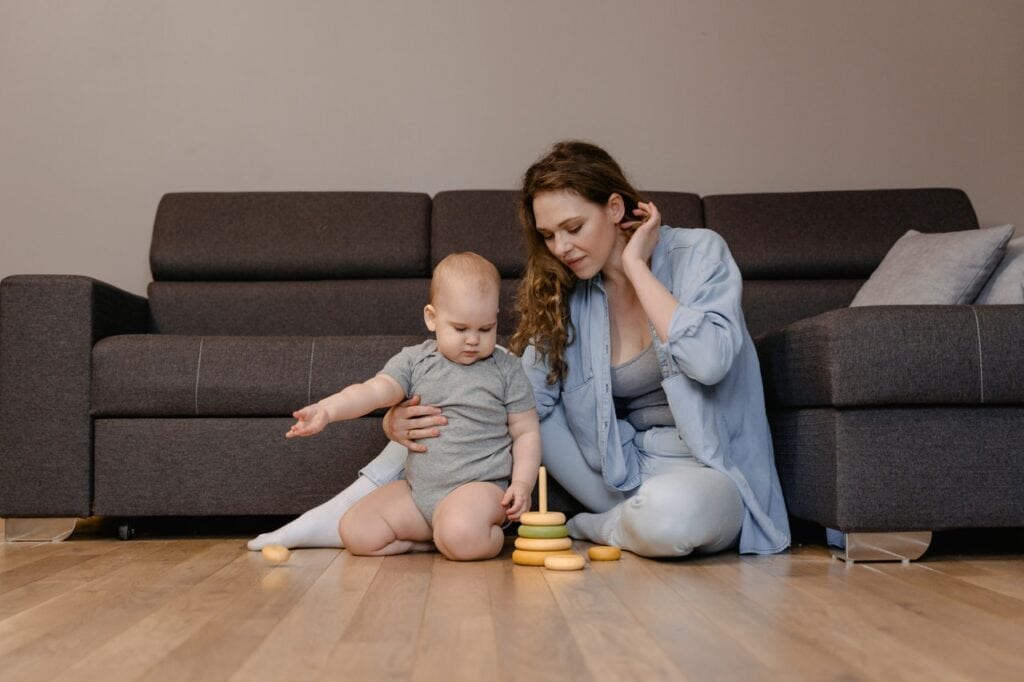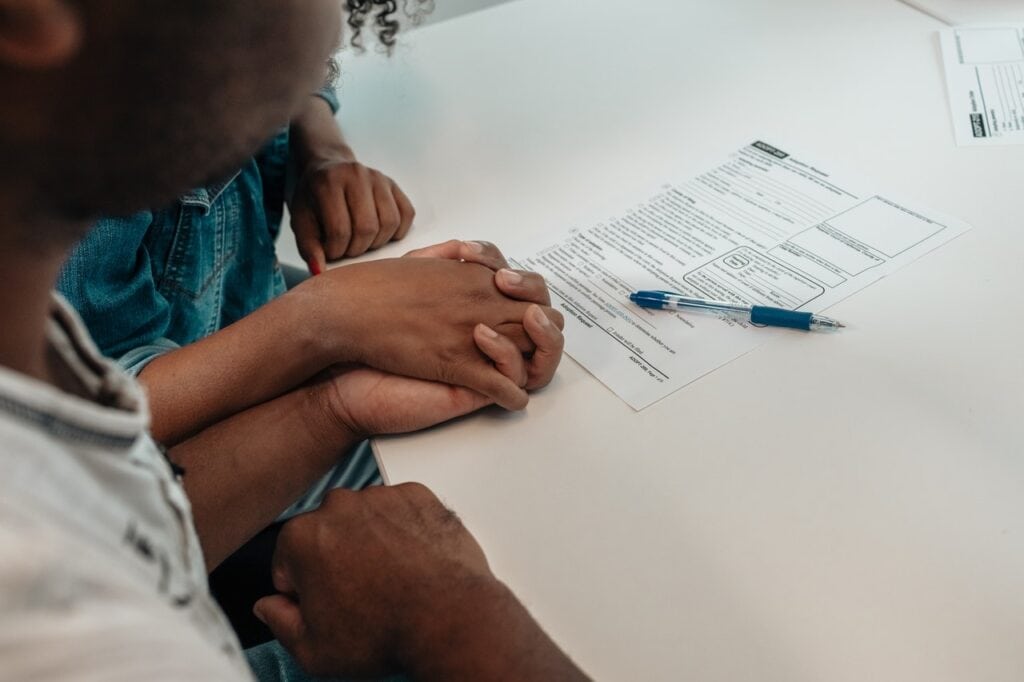Child custody rights for mothers have traditionally been stronger. This is because mothers are viewed as the most capable caregiver in the family. It is not biased in favour of either parent’s rights, but the primary consideration is given to the child’s best interests.
While there is a growing push for fathers’ rights, today’s courts prefer to focus on shared custody of children. This determines which parent, whether mother or father, is the best primary caregiver. When it comes to child custody rights for mothers, it is commonly assumed women have greater rights than the father.
If both parents are unable to reach an agreement, the court will examine a number of issues in determining child custody and support. This article explains all you need to know regarding child custody rights for mothers.
Child Custody Rights For Mothers: What Family Law Says
Australian family law recognises both the rights of mothers and fathers. This is because the family court prioritises the child’s best interests in parental disputes rather than parental rights. Neither parent receives preferential treatment, and the court makes its decision based on the best interests of the child.
Family Law Amendment (Shared Parental Responsibility) Act 2006 states the basic premise of shared parental responsibility. This promotes child custody rights for parents and is based on children having meaningful relationships with both parents.
Parents’ responsibility and duty of care for their children remain unchanged regardless of their marital status. When court proceedings for parenting orders commence, the court assumes that the child’s best interests are served by maintaining contact with both parents.
Parents must demonstrate their willingness to collaborate respectfully in order to obtain a solution that reflects their child’s best interests.

Court Considerations For Child Custody
When choosing who gets custody of a child, the court examines two primary factors:
- A child’s right to benefit from both parents’ active involvement in his or her life; and
- The requirement to safeguard the kid from abuse or neglect
If there is domestic violence or any other type of abuse or neglect, the court will prioritise safeguarding the child. Additionally, the court is unlikely to entertain shared child custody rights for mothers and fathers. Following the primary considerations, the court will consider variables to determine what is in the child’s best interests. Some examples are:
- The child’s point of view;
- The child’s relationship with each parent or guardian;
- Each parent’s willingness to support and assist the child’s relationship with the other parent;
- The parents’ ability to meet the needs of their children
The best interests of the child are important, but they are not the only factor in determining the outcome of parenting orders. Many other aspects are considered by the court, including the opinions of the parents and children. These elements include:
- What the proposed custody arrangements mean to the child
- How eager are both parents to promote the child’s relationship with the other parent to continue?
- The current lifestyle of the parents and the child
- How successfully the parents can meet the requirements of their children
- Both parents’ perspectives on parental duties
Violence Against Women
Women have the right to have protection against violence, as well as the right to protect their children from harm. This is especially true for domestic violence inflicted by a family member. Child custody rights for mothers include the ability to seek an apprehended domestic violence order (ADVO).
An ADVO is a court order that forbids someone from committing further acts of violence against a person. Each case is looked at separately based on the circumstances of the marriage. When choosing how much weight to give each aspect, the court can use its discretion.
Other Child Custody Rights For Mothers
Child Support
Many mothers receive primary or sole custody of their children. Because both parents are liable for their child’s financial support a mother has the right to demand payments for the child’s benefit from her former spouse.
When parents divorce, the child has the right to be cared for by both parents. Both parents are responsible for financial support. The Department of Human Services (DHS) is in charge of child support. For child custody rights for mothers, the amount of child support a woman is entitled to is determined by her and her husband’s contributions, as well as their current earnings and time spent with the child.
Spousal Maintenance
Payments made to a former spouse are known as spousal maintenance. Not everyone receives spousal maintenance after a separation or divorce. It is dependent on the legitimate needs of one side and the financial capability of the other.
For both spouses, the court will take into account their contributions, as well as their present salaries and the amount of time they spend with the child. For both spouses, the court will consider the following factors:
- Well-being and age
- Income and financial assets
- What is a reasonable living level in terms of ability to work?
- Whether or not the marriage has affected one’s ability to work
- Where and who the children are living with
When a person receiving spousal maintenance payments starts a new relationship, the court will review the spousal maintenance orders. The court will then determine if the person is capable of supporting themselves. Because it is for that person’s future needs, the application for spousal maintenance cannot be backdated.
Because a court will not grant spousal support retroactively, the applicant must file their spousal maintenance application as soon as possible. Click here for more information about spousal support in Australia.

Importance Of Legal Advice For Mothers
Mothers and fathers should always try to reach out-of-court parenting agreements like mediation. Mediation will be less stressful and less costly for both parties. Additionally, an amicable agreement is achievable through mediation.
Our award-winning firm can help women seeking child custody rights for mothers by pairing them with our family lawyers who specialise in divorce. We ensure at JB Solicitors that parents can have fair arrangements and proper custody of their children with proper mediation.
Send a message to JB Solicitors today.
